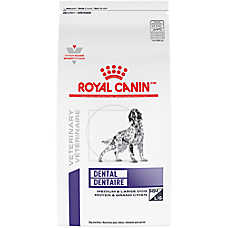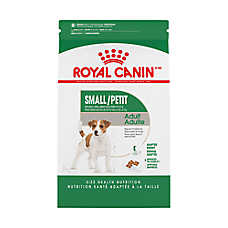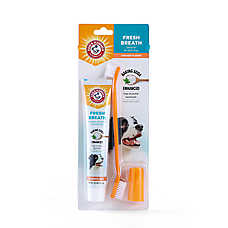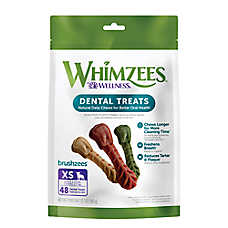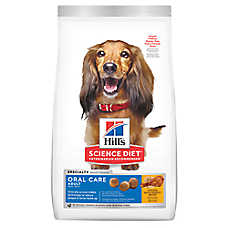What Should I Feed My Small Dog?
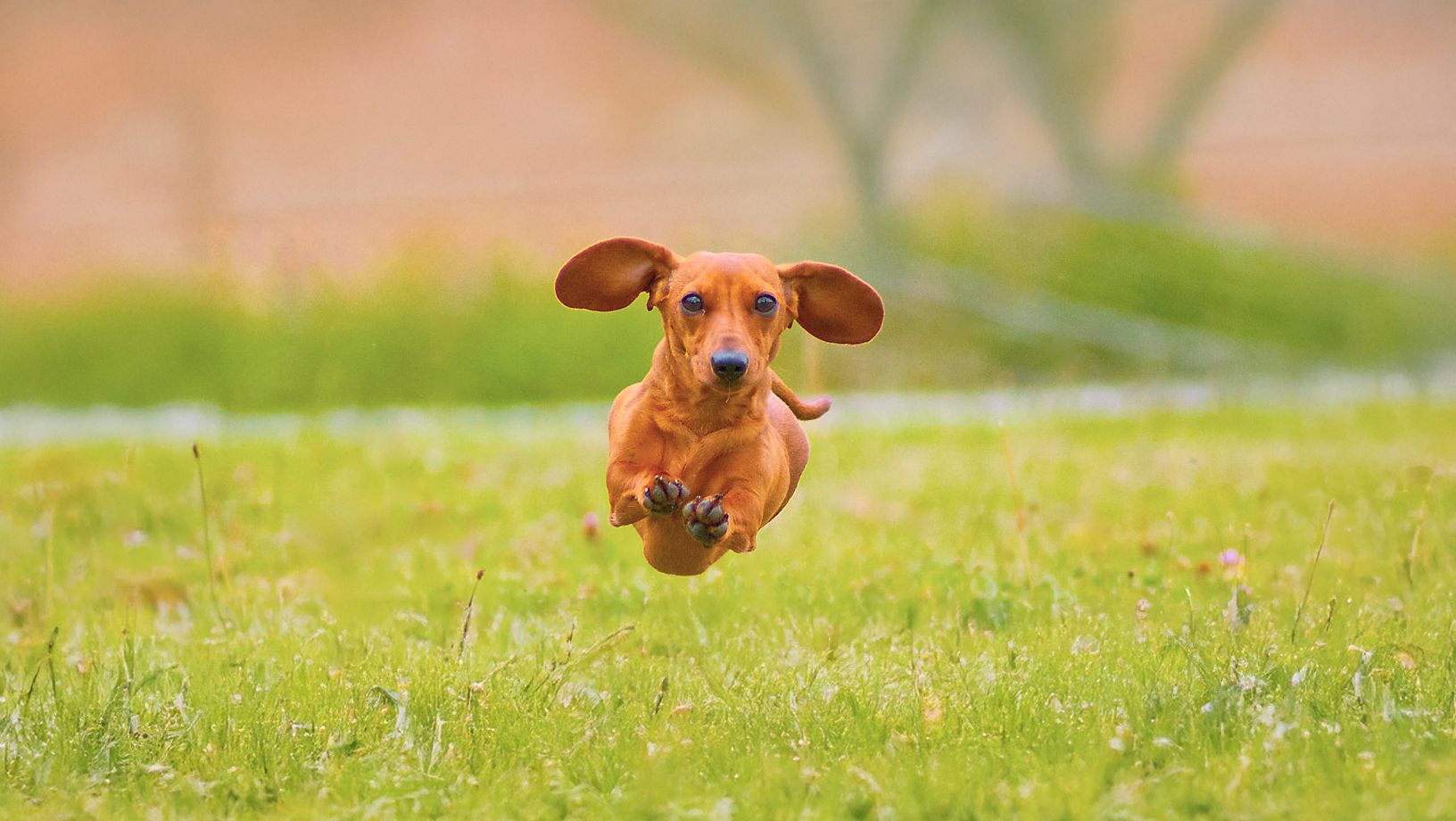
In this Article
Why are little dogs different than big dogs?
Small-breed dogs have smaller stomachs and should get portions that are appropriately sized for their optimal weight. However, small breeds also typically need more energy than medium and large breeds.
Small breeds tend to live about twice as long as big breeds, making them more susceptible to certain age-related health problems. Finally, small-breed dogs are sometimes pickier eaters.
Small dogs, big calories
With their high energy and metabolism, little dogs can burn through a meal more quickly than larger dogs. Pound for pound, small dogs actually need more calories than bigger breeds, so a small-breed formula dog food will ensure your little friend is getting enough fuel.
Your small dog may also need to eat more frequently. Your vet can recommend how often, and how much, to feed your small breed.
So what should small dogs eat?
Look for food labeled "small breed," "toy breed" or similar phrases. This special food comes in pieces sized for your dog’s smaller jaws and has a higher concentration of fat and protein for energy.
Small-breed dog food may also include ingredients that support your petite pooch’s immune system, including antioxidants, vitamin E and beta-carotene.
Nutritional nuggets
- Small dogs can be more likely to develop certain health issues, including obesity, dental problems, and skin and coat conditions. To help prevent these issues before they begin, choose a high-quality food with healthy ingredients.
- Small dogs have small mouths. Make sure their kibble isn’t too large for them to chew comfortably.

